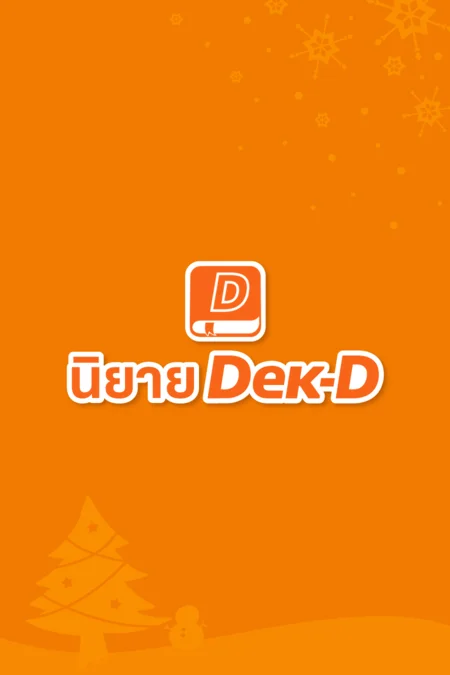
The Pros And Cons Of Google Translate
ผู้เข้าชมรวม
216
ผู้เข้าชมเดือนนี้
17
ผู้เข้าชมรวม
216
ข้อมูลเบื้องต้น
In short, when you use Google Translate, you're giving your text to an unknown tech giant with no guarantee of accurate results. In fact, Google Translate may even produce unnatural or simply incorrect translations.
So fast that no human translator or team of translators can compete with him in terms of results. Google Translate reports that 500 million users translate 100 billion words daily, making it the most popular translation tool for the average consumer. The pros and cons of Google Translate not only affect professional translators in the language services industry, but also anyone who chooses to use it as a translation tool.
Unlike other mainstream translation tools, Google Translate is something you can use for free. While primarily a text translation tool, today Google Translate can be used for more than simply translating text. The most common use of the tool, allowing the translation of over 109 languages with near-perfect accuracy and many more languages with increasing accuracy.
Using the "Click to translate" feature, users can take a foreign language application and translate it into the desired language as best as possible. In 2015, Word Lens became a member of the Google team, and now you can instantly translate words without even typing them on your phone. All you need to do is type or just paste text to get instant translation.
Direct translation is common on Google Translate and often results in meaningless word-for-word translations, while professional translators strive to ensure this is not done using commonly accepted online glossaries, back translation methods, proofreaders and proofreaders. Quality varies - less popular language pairs tend to be less accurate, so English to French translation may be useful, but Thai to Basque translation may not. There is a high chance that you will receive an accurate translation if English is your target language and one of the European languages is your source language. Google has won an international competition for machine translation from English to Arabic and from English to Chinese.
The newly added Google Search feature can now detect foreign words and suggest their possible translations at the top of the search results list. It doesn't matter which tool you use to create the corresponding translation. It doesn't matter which tool you choose for accurate translation. Therefore, it is very important to choose the right tool for your translation needs.
However, if you are translating important documents or need to translate specific documents into another language, you may want to consider professional translation services provided by the best translation companies in India. However, when it comes to important or confidential documents, it is best to hire a translation agency. Machine translations like Google have some advantages and are really helpful, especially for travelers and non-commercial users.
A free translation platform such as Google Translate cannot guarantee the security and privacy of your documents. Lack of Quality Control In addition, if you don't know both the source language and the language you're translating into very well, you won't know whether the results produced by Google Translate meet acceptable standards or not.
Translations in widely spoken languages are more likely to be accurate than translations in minority languages because there are fewer translation pairs to compare. On the other hand, translations for languages not in Google's database tend to be less accurate. The Google software transcription database is primarily built from existing website translations, so typical translations for languages like Spanish and English tend to be more accurate than translations for languages that are not readily available in Google's database.
But there is no way for the user to know if Google's German translation of the English text is good. Just getting a result, any result, in no way guarantees that the result will be good. There is no privacy in Google Translate. So that you can see the pros and cons of Google Translate, let's make it clear that while you can sometimes use Google Translate successfully, you don't want to use it for something very important without checking for errors in context, grammar, or whatever . . When it comes to a word or phrase it doesn't know how to translate correctly, it won't give you the best translation.
When it comes across a word or phrase for which there are not enough translations, it may not give you the best translation. While this works well in some cases, it often means that it is not possible to put the translation into the correct context without human assistance. When it comes to accurately and naturally conveying all meanings, he can't match human translators.
Therefore, since the automatic translator has no interpretation or cultural knowledge of the language, it can translate verbatim, but cannot take context into account. Professional translators will have extensive knowledge of the language and will use their training to adapt translations to the target culture.
Multiple language combinations. Depending on your language needs, you may need to hire multiple translators for each project. You will have to pay for the work of the translation company, but not necessarily a fortune. There is no need to wait long enough to ensure that translators submit documents by the deadline.
If you must use electronic translation software, please ensure that the child or parent responds in some way so that we can assess the clarity and perceived correctness of the information. For newsletters and calendars, use image support where possible to clarify, and use consistent language so parents don't have to constantly search for translators. Of course, you can hire translators to review content, but that may negate some of the benefits of using the tool. Translation accuracy is also affected by the languages used as source and target languages.
This is because the Google translation system uses a method based on the frequency of language pairs, which does not take into account grammar rules. There is no mechanism for reporting problems to prevent them from happening again, and there is no way to check grammatically what has been translated, except by those who are proficient in both the source and target languages, which is not the case for most people. . As a result, many (but not all) translations are extracted from human translations already on the web.
Part of this confusion probably arose from the fact that many of the answers translated by Google indicated "no", which made it difficult, without sufficient knowledge of the language and context, to clearly analyze people who claimed to have nothing, which gave would they have a meaning in life (which would be coded as "difficulties and challenges") compared to those who simply did not answer (which should have been coded as "don't know/refused").
เนื้อเรื่อง
คืนค่าการตั้งค่าทั้งหมด
คุณแน่ใจว่าต้องการคืนค่าการตั้งค่าทั้งหมด ?
ผลงานอื่นๆ ของ kristinhawthorne ดูทั้งหมด
ผลงานอื่นๆ ของ kristinhawthorne



ความคิดเห็น